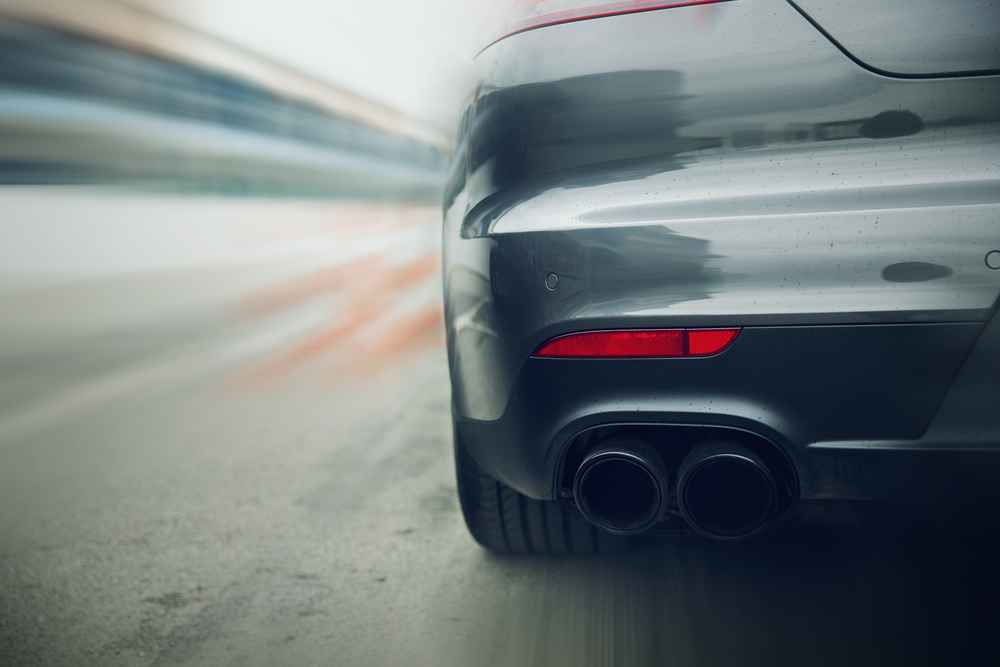The European automotive industry is calling for a postponement of the 2035 ban on combustion engines. Industry associations such as ACEA and CLEPA have warned the EU Commission in an urgent letter that the current strategy is unworkable. They emphasize that the policy sets ambitious targets but disregards key market and supply chain realities. Without a delay, the industry faces a massive loss of competitiveness.(automobilwoche: 27.08.25)
Delay as a prerequisite for realistic framework conditions
The letter states: “The transformation plan for the European auto industry must go beyond idealism and recognize the industrial and geopolitical realities.” In particular, the strict CO₂ limits for 2030 and 2035 are considered “simply unfeasible.” The companies are therefore demanding delay and flexibility to both meet climate targets and safeguard Europe’s economic strength against dependence on China.

Manufacturers point in particular to their dependence on China. The Asian country not only dominates battery production for electric cars, but also the mining and processing of rare raw materials. While China produces more cheaply, Europe also suffers from high US tariffs. This burden reinforces the call for a delay and demonstrates how urgent a policy realignment appears.
Inadequate charging infrastructure exacerbates problems
Another obstacle to the success of electric cars is the inadequate charging infrastructure. Without sufficient charging stations, the transition will not work. At the same time, dependence on China is putting a strain on the entire value chain, as Europe lags far behind in terms of access to battery technologies. The one-sided CO₂ limits are also creating pressure that many companies can barely bear at the moment.
At the same time, the gap between expectations and reality is growing. Electric cars are achieving only small market shares across Europe: 15 percent for cars, 9 percent for vans, and 3.5 percent for trucks. While there is momentum, demand is insufficient. Manufacturers therefore want a postponement of the current ban on combustion engines. This is a crucial prerequisite for sensibly managing investments in electric cars.
Losses force companies to rethink
The financial results of the major automakers demonstrate the imbalance. Stellantis and Renault reported billions in losses. Under these conditions, the required CO₂ limits appear particularly difficult to achieve. A delay could give companies breathing room to allow for more predictable investments in alternative technologies.
The industry is therefore calling for a pragmatic policy. “The revision of the requirements opens up the possibility of integrating more flexibility, a stronger industry perspective, and market-oriented solutions into legislation,” the letter states. Instead of focusing solely on electric cars, the associations are advocating for technological openness and less dependence on China.
Technological openness not a one-way street
The dispute over the combustion engine ban is thus becoming a touchstone for European industrial policy. Without a delay, companies could lose their competitiveness, while jobs and investments are at risk. Only with more flexible CO₂ limits and a reduction in dependence on China will Europe remain able to act. Electric cars remain an important element, but they must not be the only solution.
